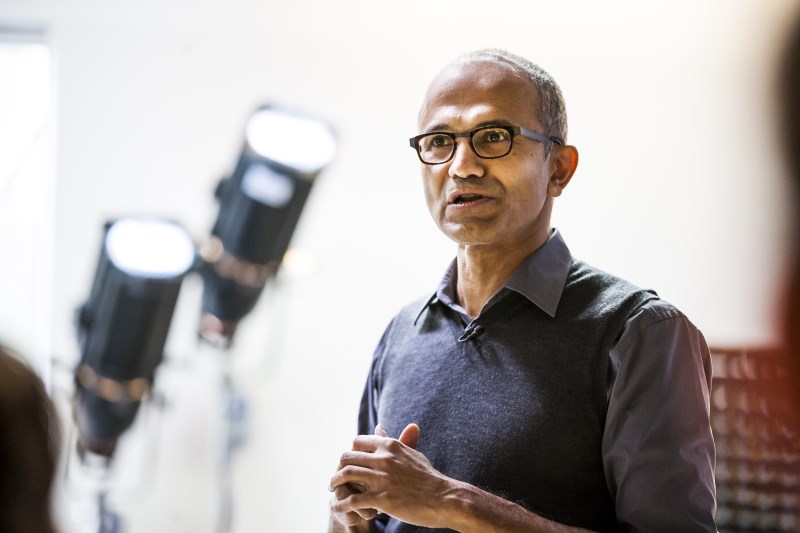US report casts doubt on “reliable” biometric systems
Back to the drawing board for security designers.

The reliability, accuracy and scalability of biometric security systems has been called into question by a scathing report from The National Research Council (NRC) in the US.
The "Biometric Recognition: Challenges and Opportunities" report has scotched the myth that biometrics are trustworthy and secure, describing them as "inherently fallible".
Although the results have created a stir in the security world, the report was produced as a scholarly overview of the science behind biometrics. Its conclusion that no single biometric trait has been identified as stable or distinctive has placed doubt about the reliability of fingerprint, iris patterns, voice recognition
and facial recognition systems.
NRC assembled a panel chaired by Joseph Pato, a distinguished scientist at HP Labs. The rest of the membership was drawn from industry, academia and the analyst community.
"While there are lots of good uses for biometric recognition, there are lots of ways to create systems that waste time, cost too much and don't work very well," said panel member Bob Blakley, a research vice president at analyst firm Gartner.
The news will come as further ammunition for the UK Government. The coalition halted plans for an autumn 2010 introduction of "second generation" passports that would have included fingerprint records.
Get the ITPro daily newsletter
Sign up today and you will receive a free copy of our Future Focus 2025 report - the leading guidance on AI, cybersecurity and other IT challenges as per 700+ senior executives
Its argument was the need to cut costs but now the report would support an argument that it represented a bad return on investment.
The NRC report cautioned that basic research into the reliability of the physical characteristics has been ignored. These characteristics change with age, illness, stress and other factors.
"Bolstering the science is essential to gain a complete understanding of the strengths and limitations of these systems," Pato explained.
Biometric systems provide "probabilistic results", the report said, by which it meant that confidence in the results must be tempered by an understanding of these inherent uncertainties. Furthermore, variable results have stemmed from technical issues regarding the calibration of sensors, degradation of data, and fraudulent entries made through security breaches.
Deployment of biometric screening devices at airports and other checkpoints without understanding the biology or the population being screened would lead to long queues, delays caused by false positives and missed opportunities to catch criminals or terrorists, the report concludes.
-
 Bigger salaries, more burnout: Is the CISO role in crisis?
Bigger salaries, more burnout: Is the CISO role in crisis?In-depth CISOs are more stressed than ever before – but why is this and what can be done?
By Kate O'Flaherty Published
-
 Cheap cyber crime kits can be bought on the dark web for less than $25
Cheap cyber crime kits can be bought on the dark web for less than $25News Research from NordVPN shows phishing kits are now widely available on the dark web and via messaging apps like Telegram, and are often selling for less than $25.
By Emma Woollacott Published
-
 Propel four common machine learning use cases into production
Propel four common machine learning use cases into productionWhitepaper How organizations are accelerating the training and deployment of machine learning models at scale
By ITPro Published
-
 EasyJet's voice search feature takes flight
EasyJet's voice search feature takes flightNews Customers can now speak into their smartphone when searching for trip options
By Rene Millman Published
-
 17 hidden secrets of the Amazon Echo
17 hidden secrets of the Amazon EchoIn-depth Amazon’s voice assistant can do a lot more than just play music and tell you the weather.
By ITPro Published
-
Researchers uncover new exploits in voice-powered assistants like Amazon Alexa or Google Assistant
News 'Voice squatting' and 'voice masquerading' are new methods attackers can use to steal users' information
By Keumars Afifi-Sabet Published
-
How to put Alexa on Raspberry Pi
Tutorials Here's how you can build a home-brew Amazon Echo
By Mark Mayne Published
-
 Satya Nadella: Microsoft will build ethical AI
Satya Nadella: Microsoft will build ethical AINews Microsoft chief says ethics must be taken seriously as AI begins to change society
By Keumars Afifi-Sabet Published
-
 Microsoft buys conversational AI startup Semantic Machines
Microsoft buys conversational AI startup Semantic MachinesNews Machine learning firm to make Cortana and Azure Bot Services better at chatting
By Bobby Hellard Published
-
 Microsoft wants to make Azure your AI destination
Microsoft wants to make Azure your AI destinationNews Developers get more tools to build AI in the cloud and at the edge, plus Microsoft 365 customisation
By Rene Millman Published